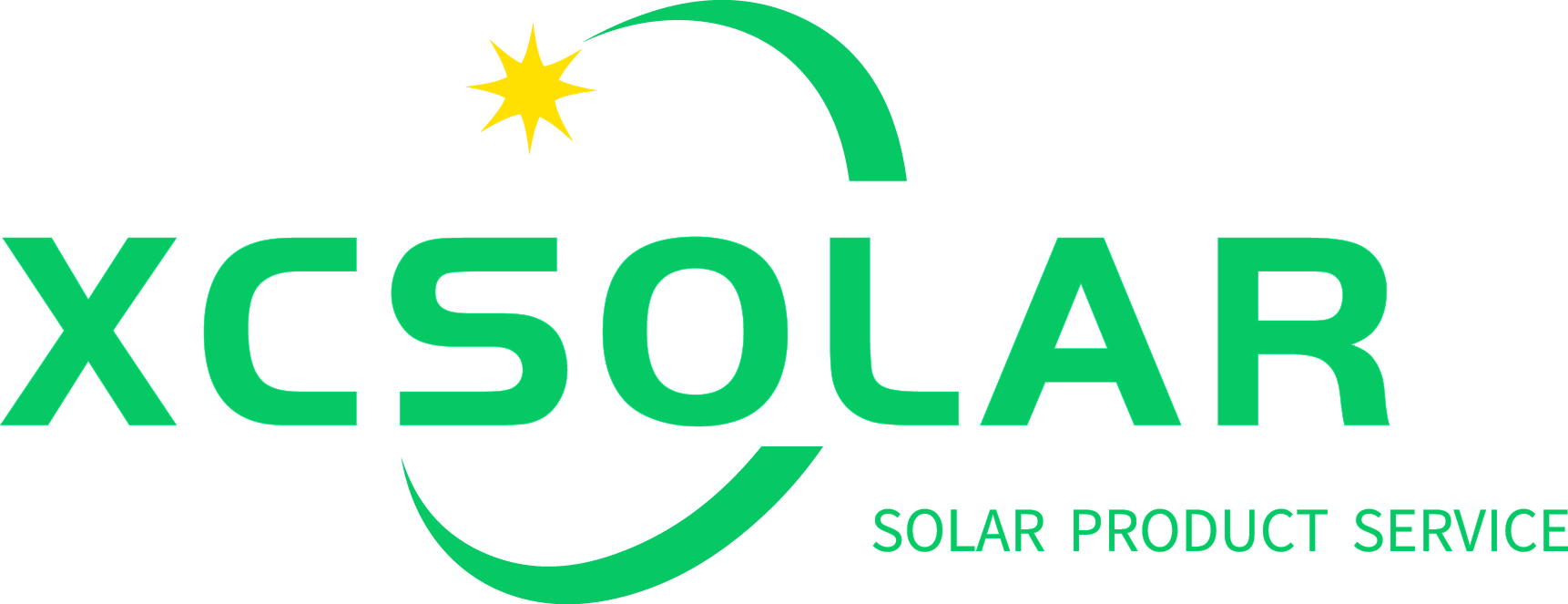Jeste li ikada čudili što se događa s proizvodnjom solarene energije tijekom različitih promjena vremena? Danas, XCSOLAR će vam prikazati kako solarni sustav radi u različitim klimatskim uvjetima i vrstama vremena!
Solarni panelni sustavi će raditi učinkovitije u toplovito vremenu
Što također možda nije očigledno je da solarni paneli i Snaga od 10 kW do 100 kW možu se još uvijek izvršavati čak i u hladnim okolinama! Solarni paneli zapravo najbolje rade u temperaturama kada je vrijeme toplije i sunčano. U ekstremno hladnim temperaturama, solarni paneli ne rade tako optimalno kako bi generirali energiju koju mogu. Solarnim ćelijama potrebno je svjetlo da proizvedu strujу, pa se to radi. Kada je vani mrznja, solarnim ćelijama malo energije treba da počnu proizvoditi struju. Ako je premašeno topla, međutim, solarnim ćelijama može doći do pretopljenja i više neće ispravno raditi. Ali ne brinite! XCSOLAR solarni paneli su dizajnirani da rade na širokom rasponu temperatura, kao što su i mrznjavinske ili ekstremno tople uvjete. Na primjer, to im omogućuje da mogu generirati energiju i držati naše svjetla uključena čak i ako nema vjetra.
Kao i sve stvari, solarni paneli ovisne o vremenu
Solarni paneli ponekad moraju moći brzo prilagoditi i prilagoditi se jer se vrijeme uvijek može promijeniti odmah! Primjer je taman na oblačan dan, solarni paneli i Čišćenje sunčevih ploča možda neće proizvesti toliko energije jer postoji manje sunčeve. Ali kada se sunce ponovo pojavljuje, te ploče uskoro mogu vratiti na generiranje snage. Nije li to zanimljivo? Nadalje, solarnim pločama može se kljubiti i rotirati s suncem kako bi ga pratile širom neba tijekom dana. Pomaga im da uhvate više sunčeve i time poprave više energije. Solarnim pločama XCSOLARY dovoljno je čvrsto da izdrži sve vremenske prilike, čak i kod visokih vjetarskih opterećenja i gradova. To znači da su dizajnirane za preživljavanje i nastavak funkcioniranja većinu vremena, čak i u ekstremnim vremenskim prilikama.
Što se događa sa solarnim pločama pod tlakom
Zrakopisna tlaka je težina svih tog zraka, i ona također utječe na solarnu pločice. Ako ste više iznad, npr. na planini, ova je niža. To više apsorbira sunce, pa ima manje zraka između da spreči ili blokira taj svjetlost. To čini solarnu pločice još učinkovitijima u kamenitim, visoko položenim područjima gdje se prijavljuje manje slučajeva dijabetesa. Ali u sustavima visoke tlake, ta sunčeva svjetlost može postati prilično vruća! Sjajći sunce također može lako zagrijati solarnu pločice do točke neefikasnosti. Ali ne brinite! One su napravljene da budu otporne i nastavit će proizvoditi energiju za vas čak i kada je atmosferska tlaka na najnižem nivou!

Zašto su solarnu pločice otporne u lošem vremenu
Ploče za sunčevu energiju moraju biti dovoljno trajne da bi pretrcale ekstremne vremenske prilike, poput teškog snijega, kugline ili čak i horaganima. XCSOLAR Solar Panels [XH-SP-51] Postavljene su u izazovnim vremenskim uvjetima kako bi se testirala njihova sposobnost otpornosti. Na primjer, one mogu osvojiti visoke opterećenja od snijega i leda koje druge ploče za sunčevu energiju (bez onih specifično izrađenih za snježne područje) ne mogu. Zahvaljujući svojim teškim okvirima i čvrstom staklu, XCSOLAR ploče izrađene su da izdrže loše vremena cijele godine. To znači da mogu raditi i dalje generirati energiju za domaćina ili poslovničara, bez obzira na to radi li se o sjaju sunca koji jarko sija iznad njih.
Kako funkcioniraju sunčeve ploče u različitim vremenskim uvjetima
XCSOLAR-ove sunčeve ploče i Sunčev inverter r odgovaraju za uporabu u suncanim danima, kao i u oblačnim i toplim ili hladnim kišnim danima. Sunčane ploče su najkorisnije u jasnim vremenskim uvjetima jer im treba mnogo sunca kako bi proizvodile strujno energiju. Zaista, one pretvaraju samo malu frakciju sunčeve energije koja ih doseže u električni tok — dosegajući 30 posto u juni, spuštajući se na 12-18 posto u oblačne dane. Sunčane ploče XCSOLAR mogu također raditi i u kišnim uvjetima, što je vrlo važno. Sunčane ploče rade dobro u vrlo toplim područjima poput pustinje gdje postoji obilje jakog sunčevog svjetla za upotrebu. Čak i u arktičkim regijama gdje postoji puno sunca tijekom topline ljetne mjeseca, sustavi solarnih energija mogu vrlo učinkovito raditi.
 EN
EN
 AR
AR BG
BG HR
HR CS
CS DA
DA NL
NL FI
FI FR
FR DE
DE EL
EL IT
IT JA
JA KO
KO NO
NO PL
PL PT
PT RO
RO RU
RU ES
ES SV
SV TL
TL ID
ID SK
SK UK
UK VI
VI HU
HU TH
TH FA
FA AF
AF MS
MS GA
GA MK
MK BN
BN KM
KM LA
LA MN
MN NE
NE MY
MY KY
KY




